
Blog
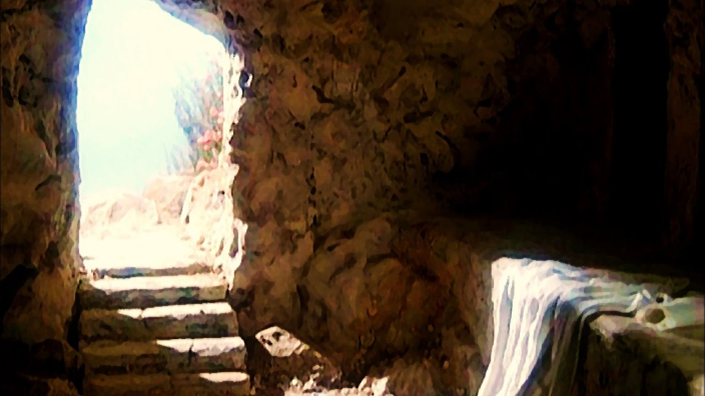
The last part of the first line of today’s gospel says, “Mary Magdalene and the other Mary went to see the tomb.” That’s what they went to see, a tomb. We know the rest of the story in ways these two could not possibly have known. If we were in their shoes, we probably would have gone to see a tomb as well. Yet, something shakes them. Something wakes them up.
Because we are humans, we …
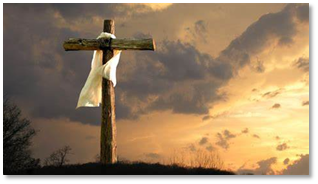
Within five days, we have heard two, long passion readings—Matthew’s version on Palm Sunday and John’s version today. It doesn’t really matter which version of the four I read, I always come away with a feeling of inadequacy. It’s the feeling that I could and should be a better follower of Christ, and that I’m probably no better than those who showed such disdain towards him 2000 years ago. I sincerely want to be a better disciple of Christ, …
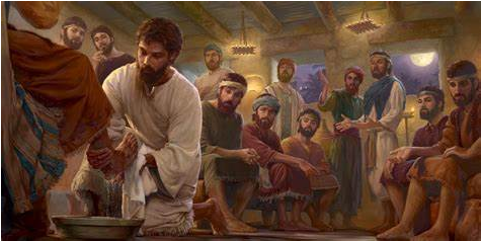
We have begun the Triduum, the three holiest days of our lives. The Gospel begins with, “Jesus knew his hour had come.” Over the next three days we do not simply follow Jesus with our eyes. Rather, we see the meaning of our own lives as reliving what he lived. The hour of our lives has also come.
The first reading, from the Book of Exodus, is a story of our ancestors in faith, the Hebrew people, who also knew their hour …
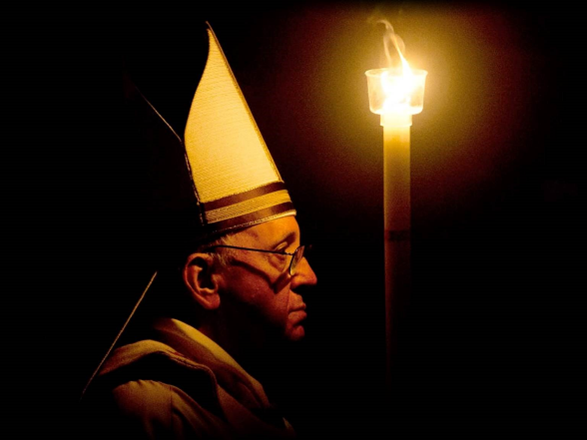
Christmas and Easter are the high points of the liturgical year for Christians. No doubt about it. Yet, they are not stand-alone holidays. Christmas and Easter are part of a pattern which looks like this: prepare-celebrate-savor.
In Advent, we prepare for the birth of Christ. At Christmas we celebrate Jesus’ coming. And since the coming of Christ into our world is so important, we need to savor it until the last day of the Christmas Season, …
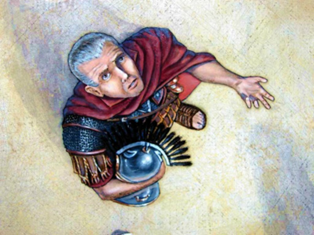
There is a sentence spoken at the end of that long gospel reading that, in my mind, seems to be misplaced for a couple of reasons. After Jesus breathes his last on the cross, the centurion says, “Truly this man was God’s Son!” It seems misplaced firstly because this profound truth was not spoken by one of Jesus’ closest followers, that is, by one of the Apostles or one of the women. It was spoken by a soldier, who …
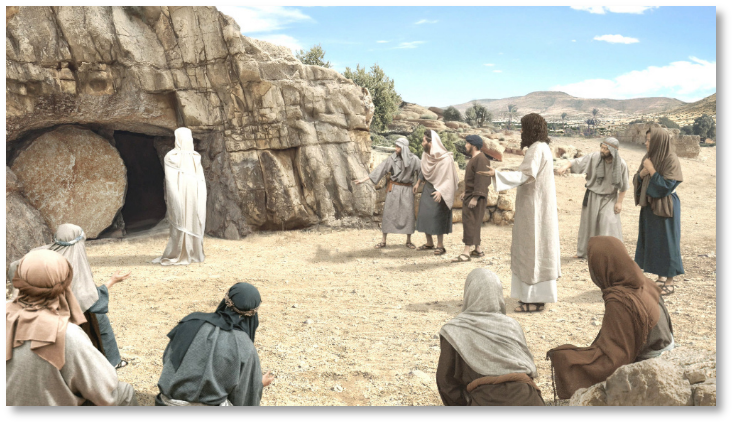
I mentioned last weekend how you could not become a member of the Early Church unless you had some knowledge of the story of the Woman at the Well (two Sundays ago), the story of the Man Born Blind (last Sunday), and the story of the Raising of Lazarus (today’s story). Catechists, those who were a little bit more adept, led those who were inept into these stories, led them out of these stories, and help them to apply …
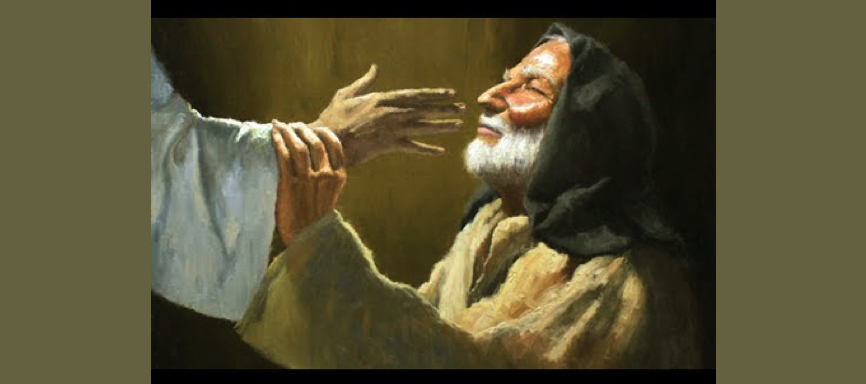
Apparently, in the Early Church, you could not be welcomed into the Church, through baptism, unless you were guided into the spiritual insights of the story of the Samaritan woman at the well (last Sunday’s gospel), the story of the man born blind (today’s gospel), and the story of the raising of Lazarus (next Sunday’s gospel). Sponsors or mentors guided you into these stories, guided you out of these stories, and helped you to apply these stories to your own …
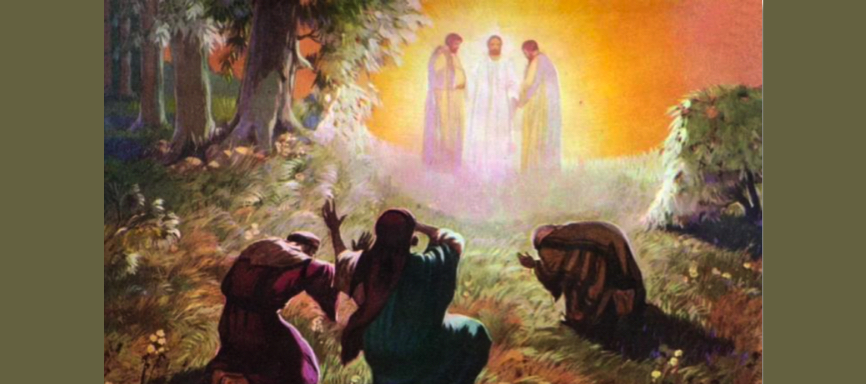
For all their goodness, intelligence, and enthusiasm, many in the younger generation lack patience. For the most part, they see little or no value in “delayed gratification.” In time they will learn, what we all had to learn, that some things really are worth waiting for. Learning this lesson will be particularly painful and frustrating for the generation who grew up in a world of fast food, high-speed internet, and smart phones. With the invention of the credit card …
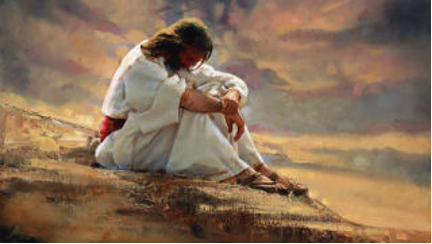
We spent the last four weeks on the mountain listening to Jesus deliver what we traditionally call the “Sermon on the Mount.” If you recall, it all began with Jesus ascending the mountain not to look down on us, but to get us to look up. He ascended the mountain to tell us the truth about who we are from God’s perspective. We are blessedness, salt and light, and we are challenged to let the blessedness, salt and light work in …

One of the most powerful rituals I ever experienced was not one of the Church’s sacraments nor did it happen in a church building. It was a ritual I experienced on a Men’s Rite of Passage Retreat. One entire day of the retreat was dedicated to the topic of grief and how we experience it or, to our own detriment, avoid it. The ritual involved lots and lots of ashes. We laid in them, we knelt in them, we poured them …